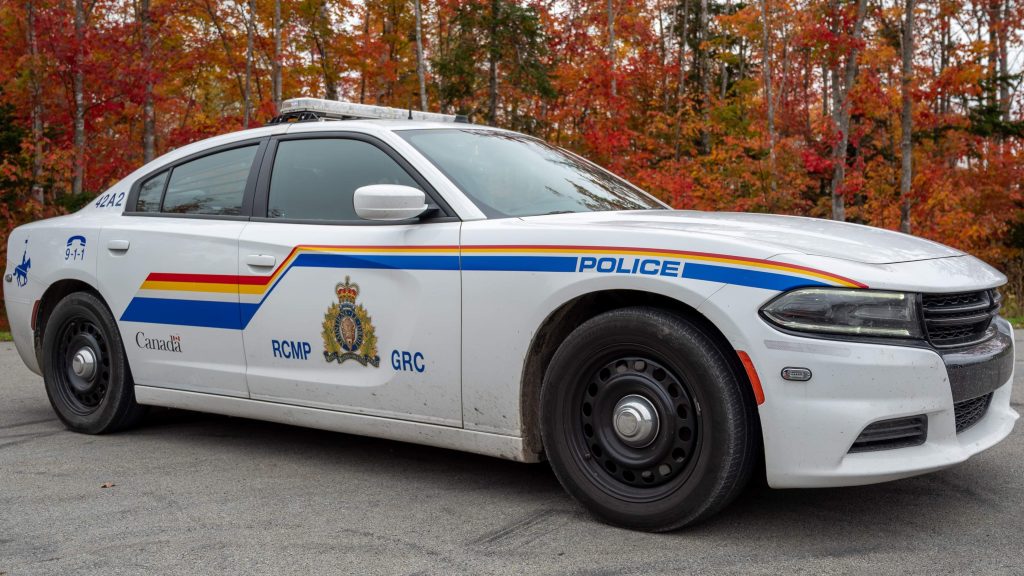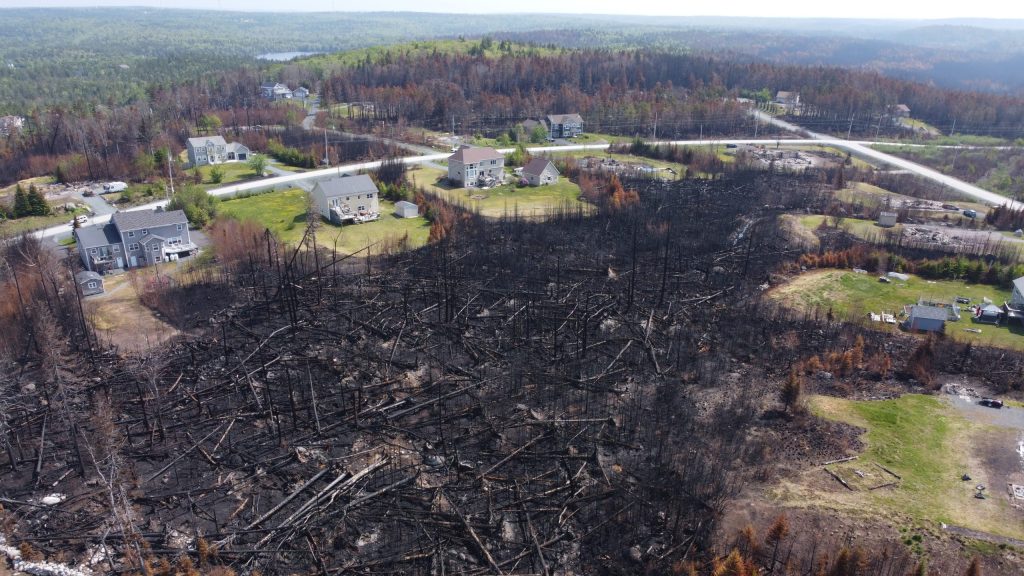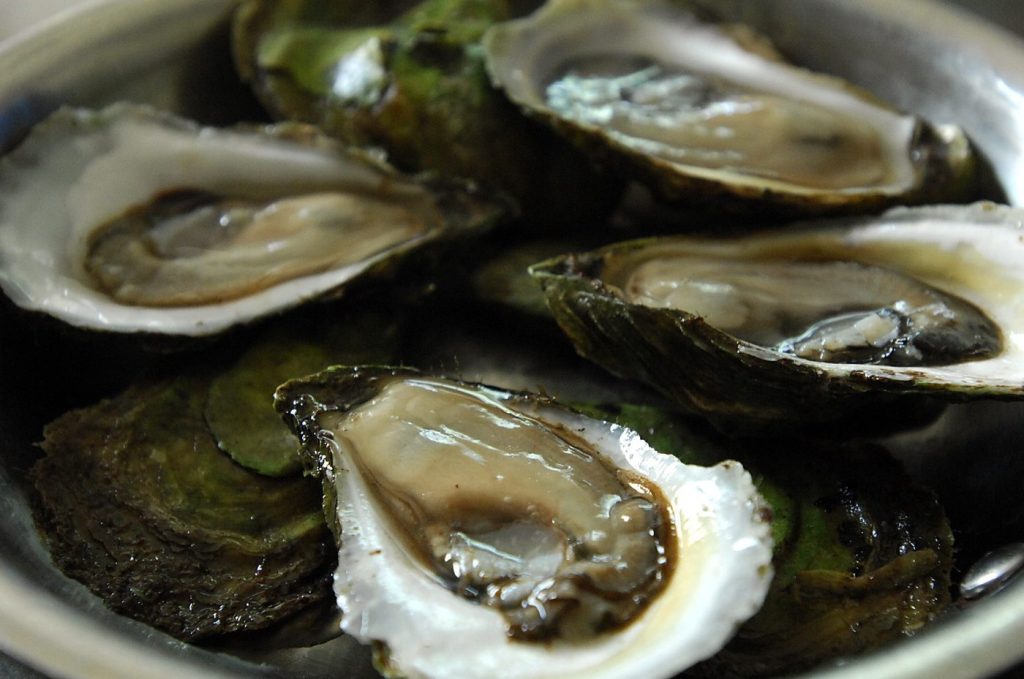The strangled bodies of 2 men have been found on a popular beach in the Mexican resort of Acapulco
Posted Feb 22, 2024 06:40:14 PM.
Last Updated Feb 22, 2024 06:46:22 PM.
MEXICO CITY (AP) — The strangled bodies of two men were found Thursday on a popular beach in the Mexican resort of Acapulco.
The resort has been struggling to recover it tourist trade after being hit by Category 5 Hurricane Otis in October, leaving at least 52 dead and destroying or damaging most hotels.
But the violence, if not the tourism, is already back.
Prosecutors in the Pacific coast state of Guerrero said the bodies were discovered early Thursday in the sand near a shack on the Condesa beach, at the center of the bay on Acapulco’s main coastal boulevard.
Prosecutors said the men’s bodies bore signs of “torture by ligature” with “signs of torture around the neck.”
Mexican drug gangs frequently kill their victims by asphyxiation, either by strangling them or wrapping duct tape or plastic bags around their heads.
Tourists have barely started trickling back into Acapulco, but gangland killings on the beaches have already returned.
In early February, the state government deployed 60 gun-toting detectives to patrol the beaches “in light of the violent events that have occurred recently.”
At least three people were shot dead on beaches in Acapulco that week, one by gunmen who arrived — and escaped — aboard a boat.
Only a fraction of the city’s hotel rooms — about 7,000 — have been repaired.
The government has pledged to build about three dozen barracks for the quasi-military National Guard in Acapulco. But even the throngs of troops on the streets — about 10,000 National Guard and 6,500 soldiers — haven’t kept the gang violence at bay.
In January, the main Acapulco chamber of commerce reported that gang threats and attacks caused about 90% of the city’s passenger vans to stop running, affecting the resort’s main form of transport.
Acapulco has been bloodied by turf battles between gangs since at least 2006. The gangs are fighting over drug sales and income from extorting protection payments from businesses, bars, bus and taxi drivers.
The Associated Press








